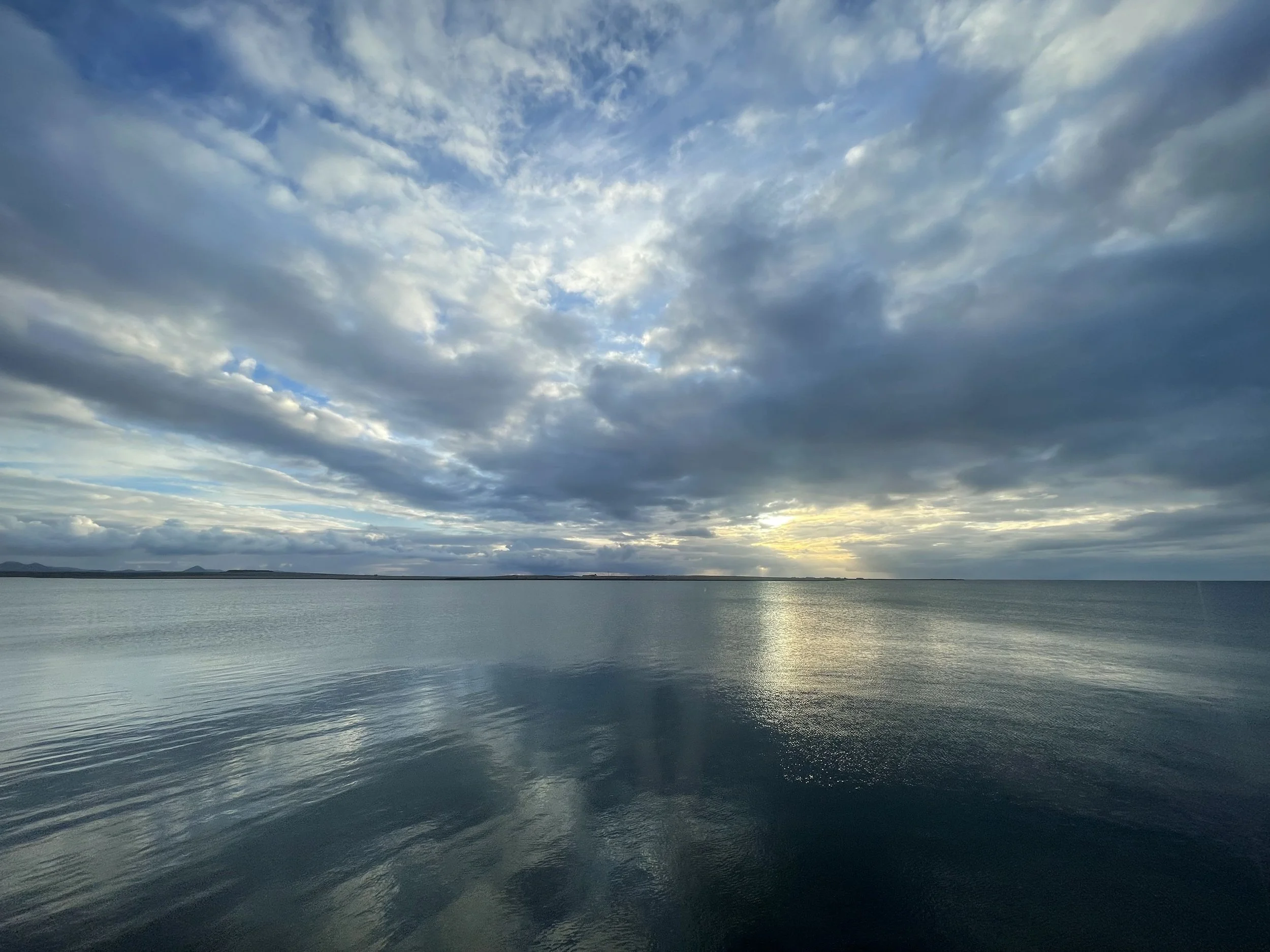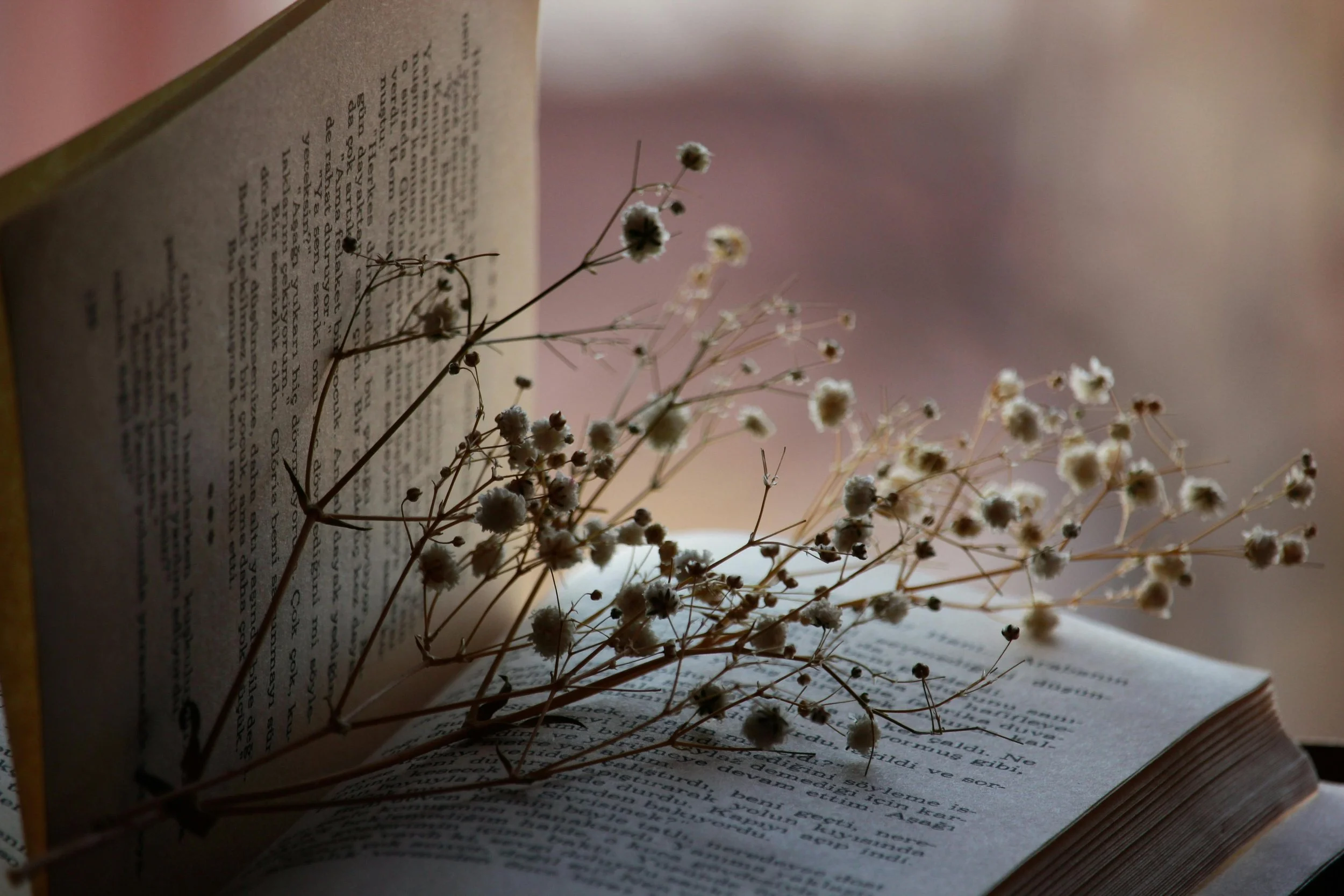The legacy of the 1893 World Parliament of Religions did not live up to the high hopes of its organizers. The dream of a new era of universal peace too soon became the bloody nightmare of twentieth century battlefields and genocide.
Women Provide Prophetic Voices in 1893 – Part 2
Women Provide Prophetic Voices in 1893 – Part 1
“As Columbus discovered America, the Columbian Exposition in Chicago discovered woman.” This was the optimistic boast of Bertha Palmer (1849-1918), president of the Board of Lady Managers at the Exposition, of which the 1893 World Parliament of Religions was part. She was a businesswoman and philanthropist. The Palmer House, where many participants in the 1993 Parliament stayed, bears her name.
Pan-Asian Participation in the 1893 Parliament
Some Jain friends at the 1993 Parliament of World Religions gave me a booklet with the title We Were There As Well. Too easily the starring role of Swami Vivekananda has obscured the significant contribution that other Asian participants made a hundred years earlier at the 1893 World Parliament of Religions, participants who deserve to be remembered.
The Light of Hope Renewed
Olympic Gold and Going for the Golden Rule
John Henry Barrows: Producing the First Parliament of Religions
Charles Bonney and the Idea for a World Parliament of Religions
Interfaith and Peace, Social Justice, and Respect for the Earth
“War no more.” That was the hope that inspired Charles Bonney as he explained in his opening address to the 1893 World’s Parliament of Religions. Bonney believed that a major cause of conflict was “because the religious faiths of the world have most seriously misunderstood and misjudged each other.”i One hundred years later, Hans Küng declared that there would be “No peace in the world without peace between religions.”ii
Indigenous Peoples Making an Interfaith Difference
Should People of Different Faiths Pray Together?
This question has become increasingly important with the growing interaction between members of the world religions at all levels of society. Still quite a new issue in the Western world, few churches have given it much attention. In most cases, practice is well in advance of thinking about interfaith worship. I write as a Christian, mainly from a British context, and it will be good to hear from other standpoints.





